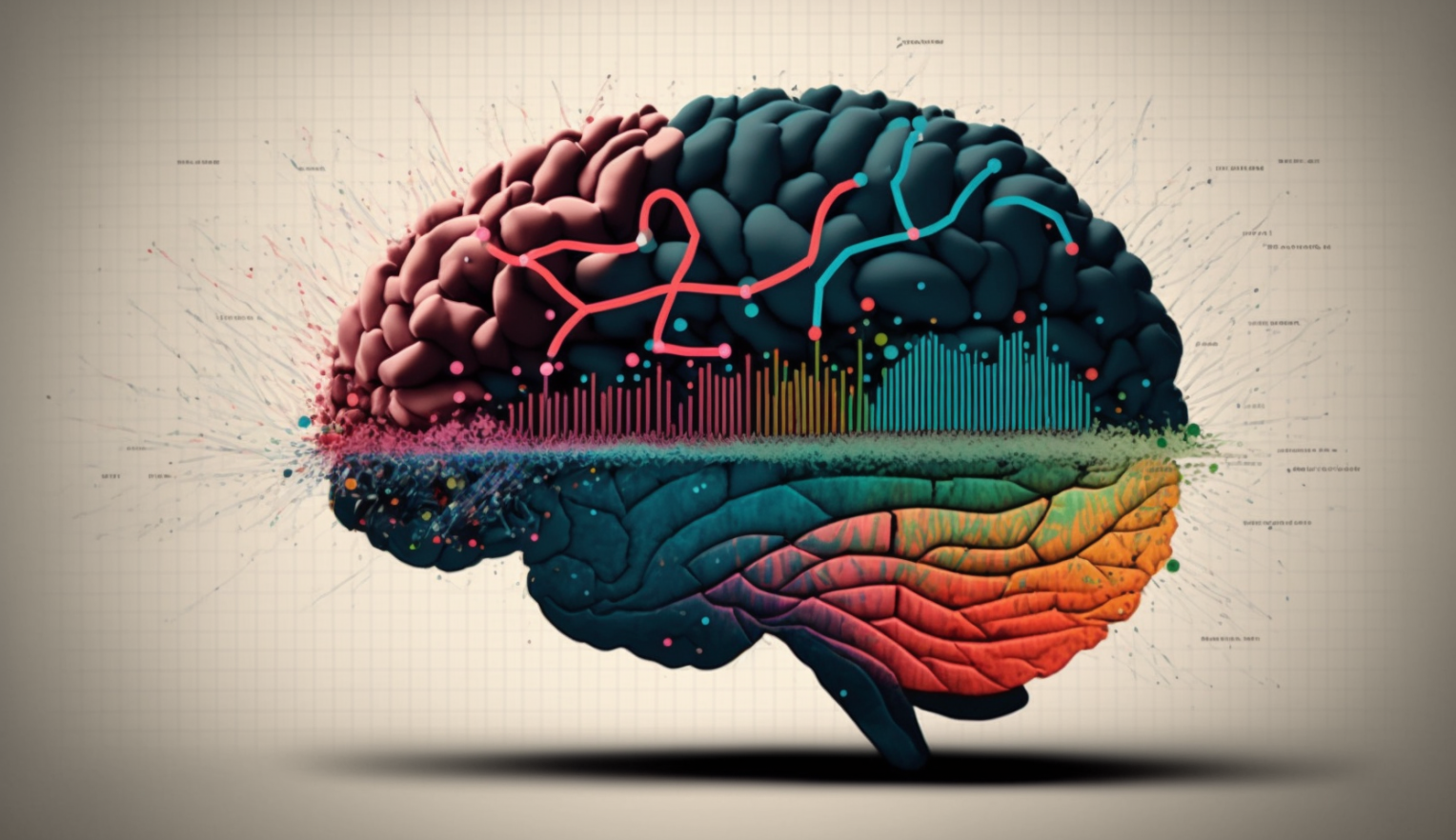Athletes' Performance: An In-depth Guide to Cognitive Training in Sports Through Layered Cognitive Tasks
One innovative strategy that has proven effective in optimizing cognitive load is layering cognitive tasks.

In the realm of competitive sports, being physically prepared is only part of the equation. An athlete's cognitive performance plays a significant role in determining success. As a coach or sports trainer, identifying and responding to the cognitive demands of your athletes' sports is essential. This means moving beyond the mere selection of tasks and instead focusing on the development of an intricate cognitive training plan. This plan should concentrate not only on cognitive demands, but also the creation of a robust cognitive load – the mental adaptations induced by this load can significantly enhance an athlete's performance. One innovative strategy that has proven effective in optimizing this cognitive load is layering cognitive tasks.
Understanding Cognitive Training
Cognitive training in sports seeks to improve essential mental skills that impact athletic performance. This might include components such as focus, anticipation, decision making, and pattern recognition. The goal is to strengthen these skills to the point that they become second nature, allowing the athlete to respond more quickly and effectively in the heat of competition.
Strategically layering cognitive tasks can modulate the overall cognitive load on an athlete's brain. This article delves deep into the core components of layering cognitive tasks, offering practical insights to help you design a dynamic, challenging, and stimulating cognitive training plan for your athletes.
Layer 1: Training Placement in Cognitive Training
The process of layering cognitive tasks starts with a critical component - training placement. The success of cognitive training in sports depends significantly on an athlete's engagement level. To ensure maximum involvement, cognitive training needs to be effortlessly integrated into their current training regimen.
There are three primary ways to incorporate cognitive training into an athlete's training schedule: pre-physical training, simultaneous with physical training, and post-physical training.
- Pre-Physical Training: This approach involves athletes undertaking the complete cognitive training session before starting their physical workout. This method induces brain fatigue before physical exertion. The resultant effect amplifies the perceived intensity of physical exercise, pushing the athlete's endurance for high-intensity tasks and challenging them mentally to perform even when fatigued.
- Combined with Physical Training: The second modality for cognitive training integration is during physical training. During rest intervals post short exercise bouts or in unison with cardiovascular training, athletes execute cognitive training tasks. This strategy keeps athletes mentally sharp, stimulating their finite mental capacity and enhancing their ability to manage both mental and physical fatigue.
- Post-Physical Training: The third method involves athletes undertaking cognitive training immediately after their physical training session. At this point, the athlete is both physically and mentally exhausted. This approach stretches their cognitive abilities to the limit, equipping them for the challenges of competitive situations where cognitive performance is essential, regardless of physical fatigue.
Layer 2: Task Duration in Cognitive Training
The second layer of cognitive task layering involves the manipulation of task duration. In this context, duration refers to the length of time an athlete spends on a particular task. By modifying the length of a task, you can subtly alter the overall cognitive load on the athlete's brain.
For instance, extending the task duration by a few minutes can increase the cognitive load of the session. These additional minutes might seem inconsequential in isolation, but they accumulate over the duration of the cognitive training plan. Over time, these extra minutes of cognitive exertion can translate into significant performance improvements.
Layer 3: Task Intensity in Cognitive Training
The third layer in this cognitive task layering framework is task intensity. Task intensity refers to the level of difficulty or mental effort required to complete a task. You can escalate the cognitive load on an athlete's brain by incorporating tougher tasks into their training regimen or by amplifying the difficulty level of existing tasks.
For example, you might ask athletes to complete tasks more quickly or under more demanding conditions. As the complexity or speed of a task increases, so does the cognitive load, pushing the athlete's mental capabilities and encouraging growth and adaptation.
Layer 4: Specialized Training Modes in Cognitive Training
The final layer of cognitive task layering involves specialized training modes. These are specific methods or strategies designed to push an athlete's cognitive capabilities to their limit. Incorporating specialized training modes into your cognitive training plan can ensure it remains dynamic, challenging, and engaging for the athletes.
Conclusion
In summary, the practice of layering cognitive tasks has emerged as a pivotal tool for creating dynamic, engaging, and effective cognitive training in sports. By tactfully leveraging the four layers of training placement, task duration, task intensity, and specialized training modes, you can create a regimen that holistically develops your athlete's cognitive abilities alongside their physical skills. This integrated approach can help elevate both your athlete's physical and cognitive performance, setting them up for greater success in their chosen sport.
Remember, every athlete is unique, and what works for one may not work for another. Therefore, it's crucial to monitor progress and adjust training plans as necessary, ensuring each athlete receives the individualized training they need to reach their full potential. So, don't wait - start implementing these strategies today and see the difference cognitive training can make in your athletes' performance.
🌐 Connect With Us
🌍 Soma Technologies: Engineered to enhance human performance.
📸 Instagram: Dive into our world through exclusive photos and stories.
👥 Facebook: Join our community for the latest updates and discussions.
📈 LinkedIn: Connect with us professionally and stay informed about industry news.
🎥 YouTube: Watch our latest videos, tutorials.
🐦 X: Follow us for instant updates, news, and engaging tweets.
